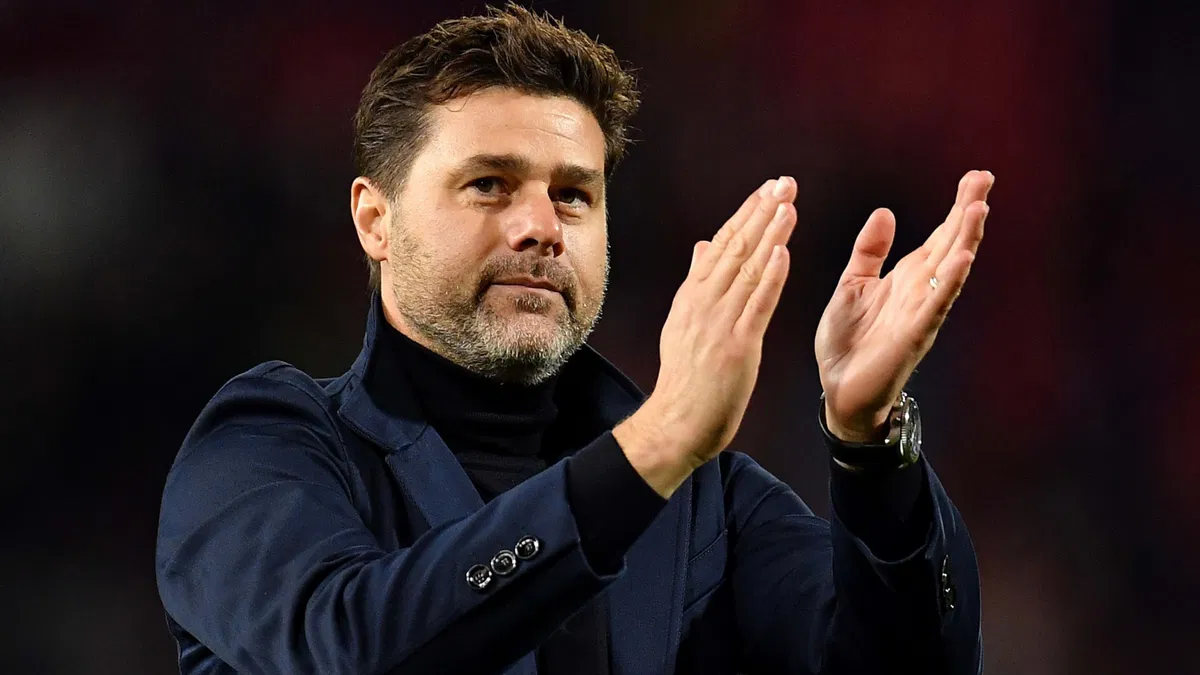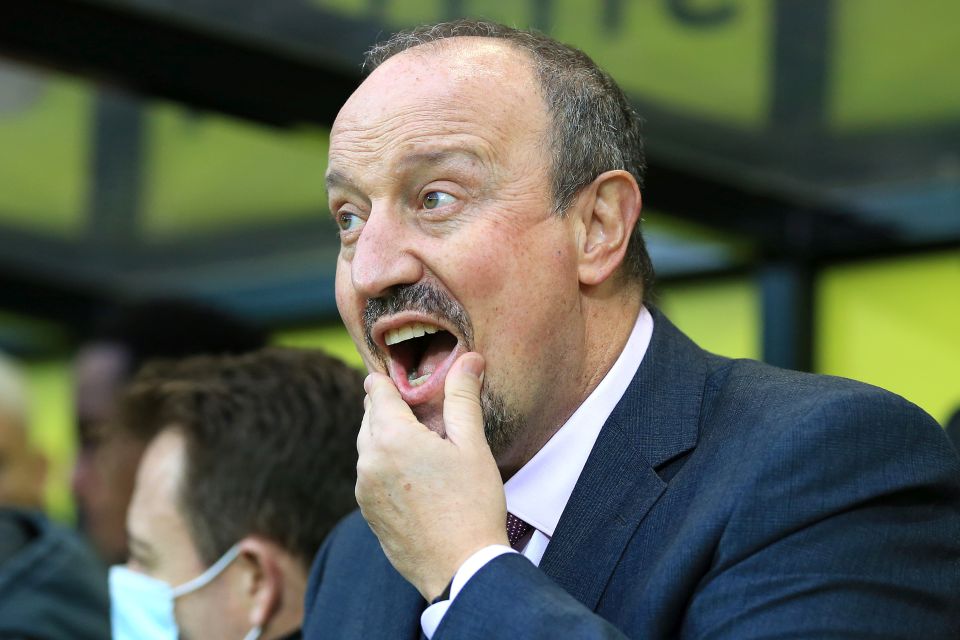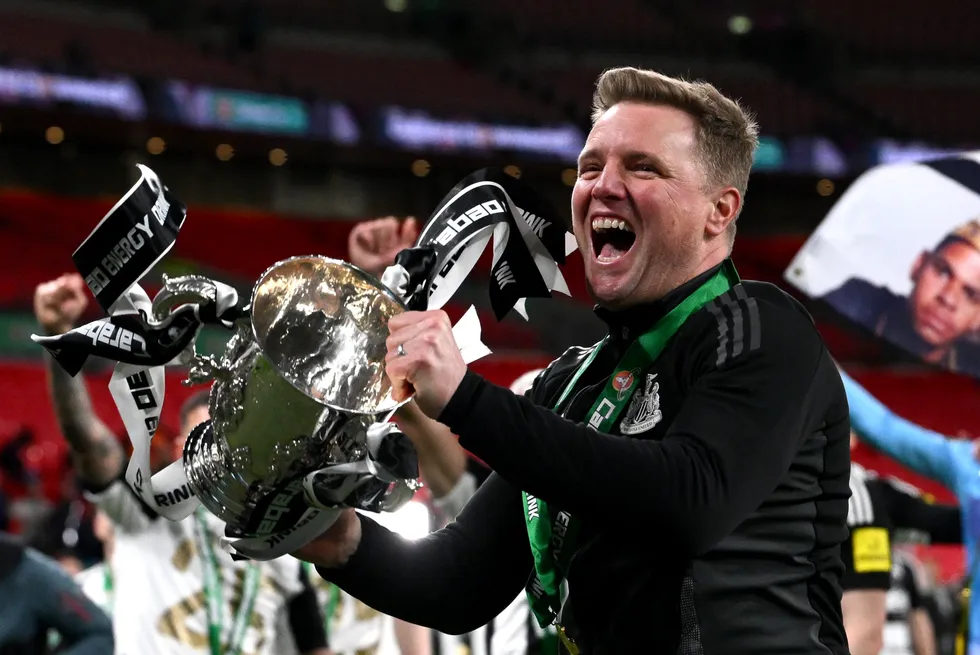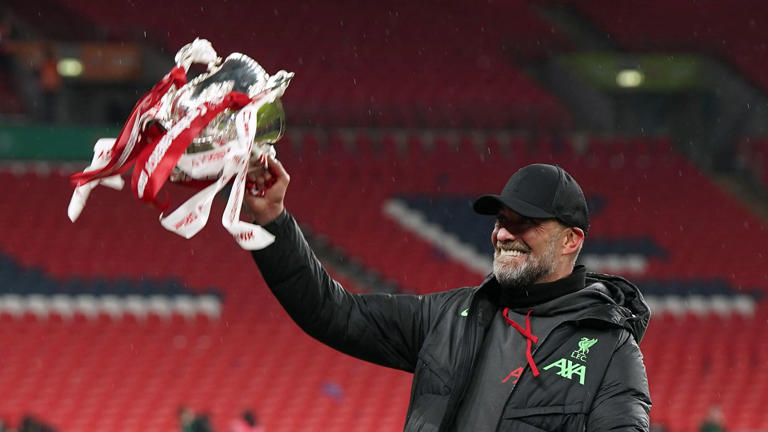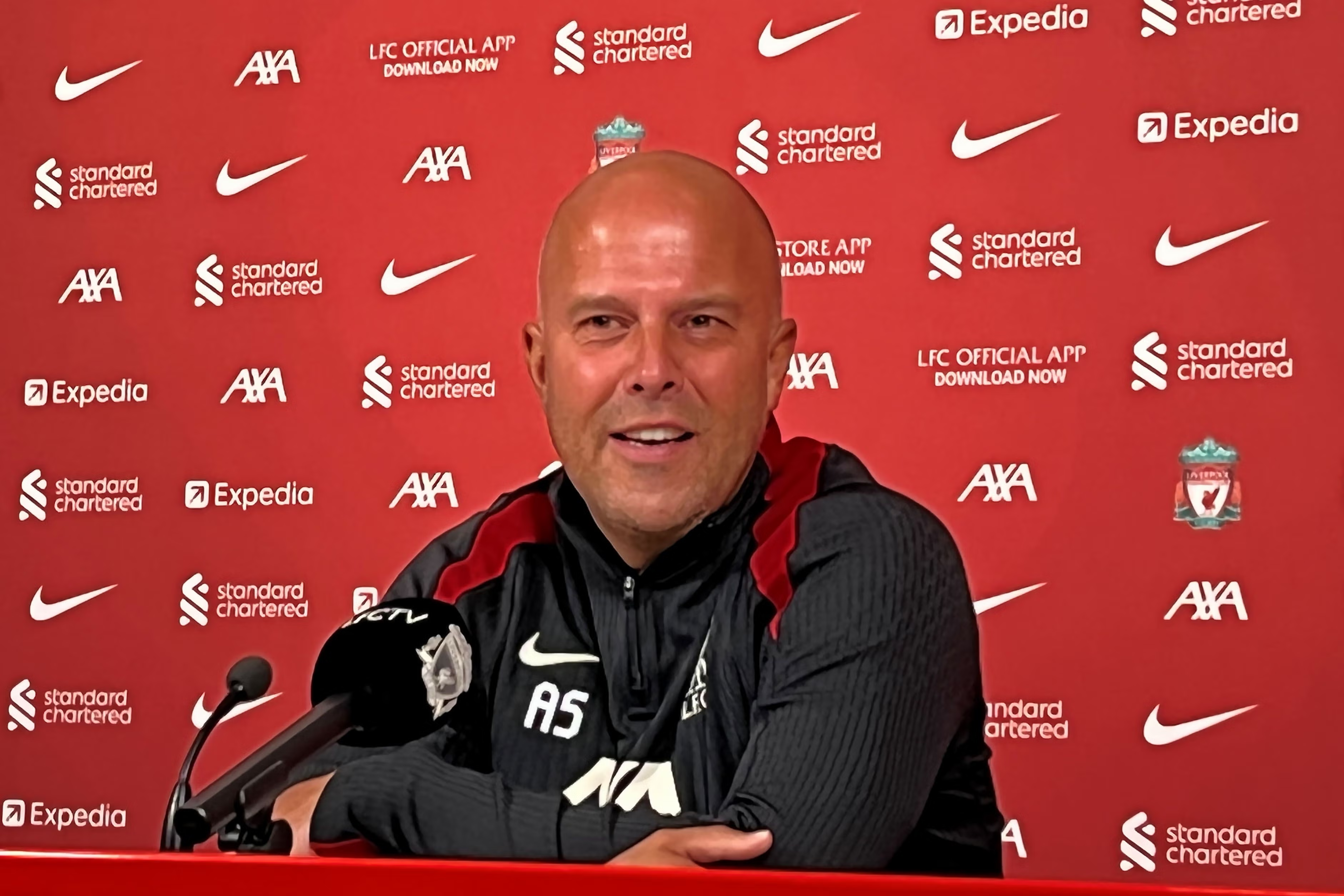
Arne Slot's tenure as Liverpool manager suffered its first major setback with a 2-1 defeat to Newcastle United in the League Cup final at Wembley. The loss marked a disappointing moment in what has otherwise been an impressive debut season for Jurgen Klopp’s successor.
Despite the cup final heartbreak, Liverpool remain in a strong position domestically. They currently hold a commanding 12-point lead over Arsenal at the top of the Premier League, positioning themselves as firm favorites to secure the title as the season nears its climax. With plenty still to fight for, Slot and his team have a golden opportunity to bounce back and ensure their League Cup disappointment becomes a mere footnote in a potentially triumphant campaign.
Arne Slot is not the first manager to face the sting of defeat in his debut cup final in England, and history shows that such setbacks are often just stepping stones to greater achievements. Many top managers have experienced similar disappointments early in their careers, only to bounce back stronger and carve out legendary legacies in the game.
We’ve highlighted four managers who, despite falling short in their first major cup final, used the experience as motivation and went on to achieve remarkable success. Their journeys serve as a testament to resilience, learning from failure, and the ability to build winning teams even after initial heartbreak.
Rafael Benitez: From Early Setback to European Glory
In his first season in English football, Rafael Benitez found himself up against another managerial newcomer, Jose Mourinho, in the 2005 League Cup final. While Mourinho’s Chelsea emerged victorious with a 3-2 extra-time win at the Millennium Stadium, securing his first piece of silverware in England, it was a bitter defeat for Benitez and his Liverpool side.
Domestically, Liverpool struggled to find consistency, finishing 37 points behind Chelsea in the Premier League. However, that early cup heartbreak proved to be just a bump in the road. Benitez’s Reds quickly turned their season around, embarking on an unforgettable Champions League campaign.
Just three months after their League Cup disappointment, Liverpool delivered one of the greatest comebacks in football history, overturning a 3-0 halftime deficit against AC Milan in Istanbul to win the 2005 Champions League final on penalties. It was a defining moment for Benitez, proving that an early setback does not determine a manager’s destiny—sometimes, it’s just the beginning of something legendary.
Mauricio Pochettino: The Architect of Spurs’ Best Modern Era
When Mauricio Pochettino arrived at Tottenham Hotspur in 2014, he inherited a team with potential but lacking a clear identity. His impact was immediate, instilling a high-intensity, pressing style of play that transformed Spurs into one of England’s most exciting and competitive teams.
However, his first shot at silverware ended in disappointment. In the 2015 League Cup final, Pochettino’s Spurs faced Jose Mourinho’s dominant Chelsea, who would go on to win the Premier League that season. Tottenham struggled to impose themselves, ultimately falling to a 2-0 defeat at Wembley. It was a missed opportunity, but it was only the beginning of what would become an era of progress under the Argentine.
Despite the lack of trophies, Pochettino elevated Tottenham to levels they hadn’t reached in the Premier League era. In 2016-17, they finished second with 86 points—their highest-ever tally—pushing Antonio Conte’s Chelsea all the way in the title race. Two years later, they achieved the unthinkable, reaching the 2019 Champions League final after a dramatic campaign, including a famous last-gasp comeback against Ajax.
Ultimately, silverware eluded Pochettino at Spurs, and he was dismissed in November 2019 after five years in charge. Yet, his tenure is still regarded as one of the club’s finest periods in the modern era. He took Spurs from hopeful contenders to a side feared across Europe, and the team he built remains the benchmark for Tottenham’s future aspirations.
The real question is: how long will it take for Spurs to build a team of that caliber again?
Jurgen Klopp: From Early Heartbreak to Historic Triumphs
When Jurgen Klopp took charge of Liverpool in 2015, he arrived with a reputation for transforming teams into fearless competitors. But success didn’t come instantly. His first opportunity to lift silverware as Liverpool manager ended in heartbreak—a League Cup final defeat to Manchester City in 2016, decided by a penalty shootout.
After the game, Klopp’s words reflected his mentality: resilience and perseverance. When asked what he told his players after the loss, he simply stated:
"Nothing until now because we all have to feel it now. Of course, it is like this, you can fall down, and you have to stand up—that’s how it is."
Unfortunately for Liverpool, that season brought further disappointment. They reached the Europa League final but suffered another crushing defeat, this time at the hands of Sevilla. Two major finals, two painful losses. But Klopp never wavered in his belief.
The following season, Liverpool began their steady ascent. They secured a top-four finish, marking their return to the Champions League. A year later, they reached the Champions League final but were beaten by Real Madrid. Undeterred, Klopp and his squad came back stronger.
In 2019, Liverpool conquered Europe, winning the Champions League by defeating Tottenham in the final. The momentum didn’t stop there. The following year, Klopp led the club to its long-awaited first Premier League title in 30 years, finishing the season with a record-breaking 99 points.
Klopp’s era has since seen Liverpool win every major trophy available, including the FA Cup, two League Cups, the UEFA Super Cup, and the FIFA Club World Cup.
What started with disappointment in a cup final turned into one of the greatest managerial reigns in Liverpool’s history. Klopp’s philosophy—embracing setbacks as fuel for future success—became the foundation for a golden era at Anfield.
Eddie Howe: From Final Heartbreak to Newcastle Legend
Eddie Howe has etched his name into Newcastle United folklore, becoming the first English manager to win a major trophy since Harry Redknapp in 2008. His triumph at Wembley marked the Magpies’ first domestic silverware since their FA Cup victory in 1955—ending a 69-year wait.
However, Howe’s road to glory was not without setbacks. Two years prior, Newcastle had reached the 2023 League Cup final, only to fall short against Manchester United. It was a painful defeat, but it also served as a valuable learning experience for both the manager and his squad.
So, what changed this time around? According to Howe, not much—aside from one small but significant adjustment to their preparations. Speaking ahead of kick-off, he revealed a logistical shift that may have played a role in Newcastle’s success.
"The biggest change [from 2023] has been our hotel," Howe told Sky Sports. "Two years ago, we were right next to Wembley, absorbing everything—supporters, the atmosphere—maybe too early in our build-up. This time, we stayed outside London. Maybe that made a very small percentage difference."
That “small percentage difference” may have been all they needed. In 2025, Howe’s side returned to Wembley, this time facing Premier League leaders Liverpool. Against the odds, Newcastle produced a stunning performance to claim the trophy, flipping the script on their previous disappointment.
While it remains to be seen whether this victory will be the catalyst for a new era of dominance on Tyneside, one thing is certain—Eddie Howe has already cemented his place as a Newcastle United legend.

